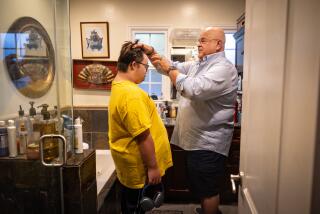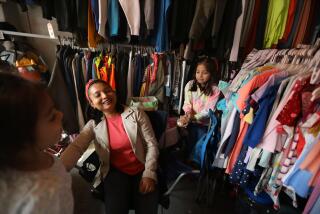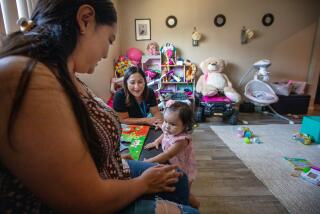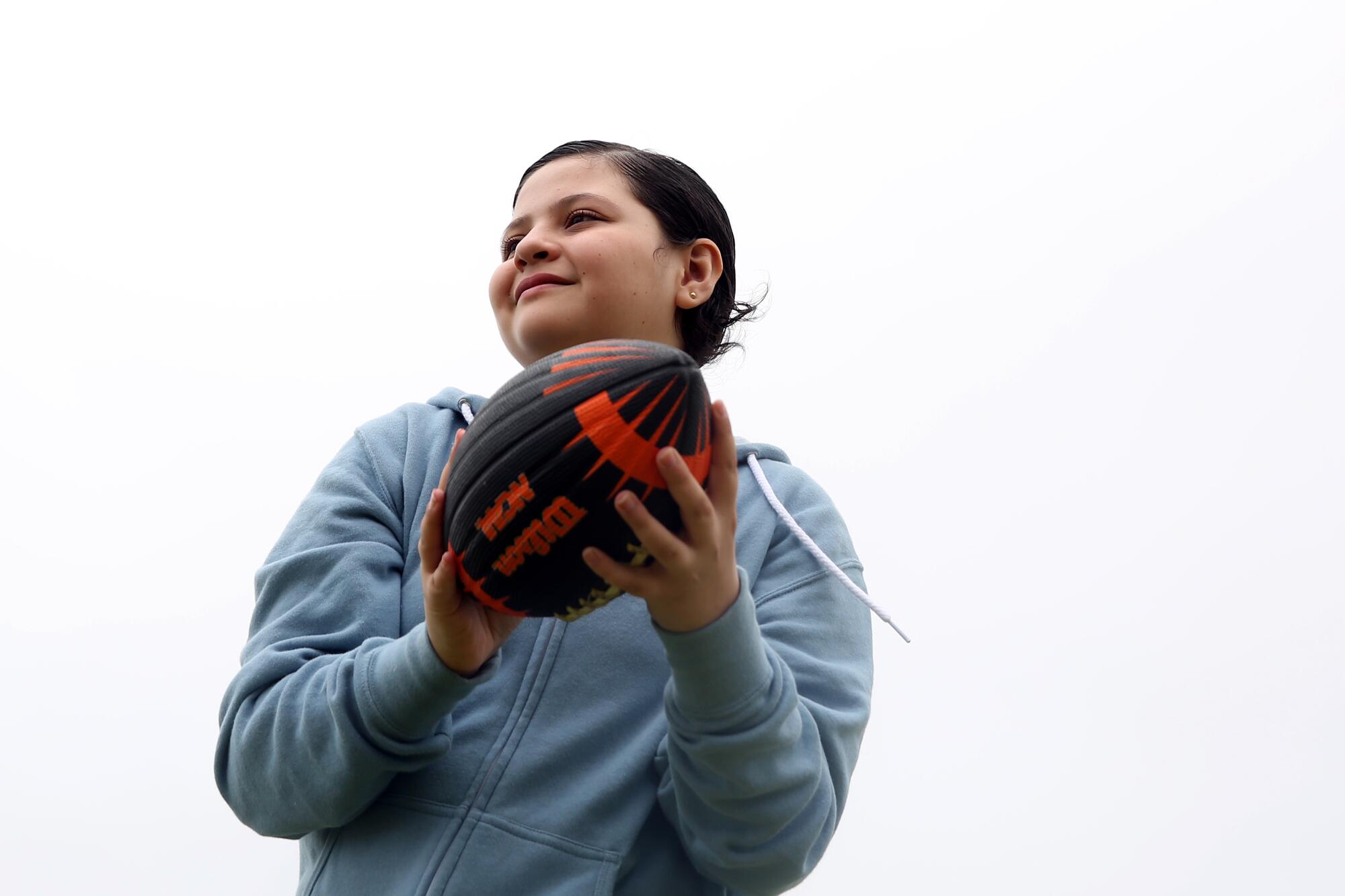
Things were starting to look up for Kayla Diaz.
After two years of struggling with the cancer that ravaged her bones, limited her mobility, and required regular hospital visits, her wish was about to be granted.
For the record:
1:43 p.m. June 26, 2020An earlier version of this post stated that CASA volunteer Dave Stein is 70. He is 66.
Preparations were being made for an April trip to Oahu where she and her family would stay in a hotel for a week. They were scheduled to visit the Dole Plantation and attend a luau, but the highlight â the thing Kayla dreamed about â was a chance to swim with dolphins.
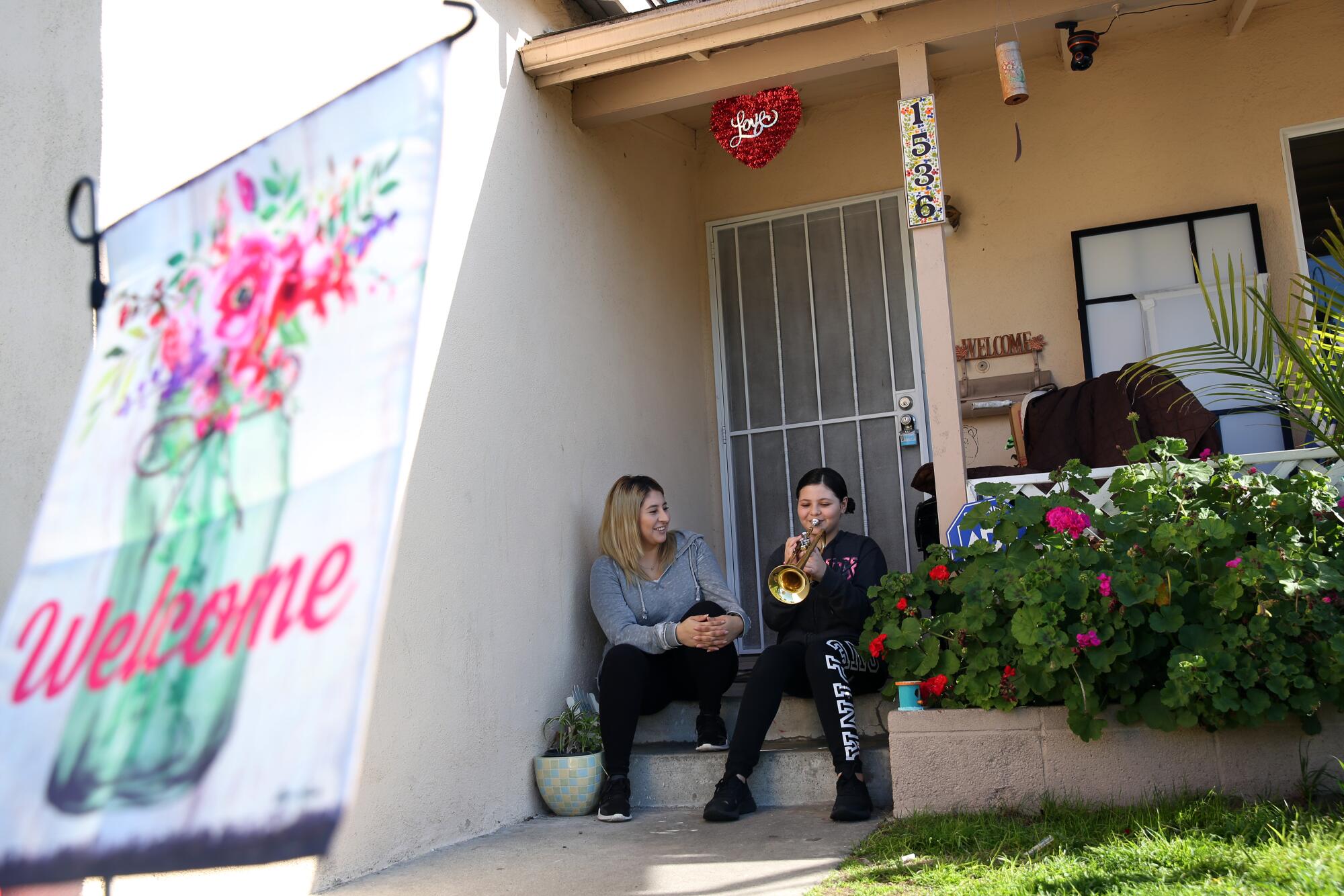
The moment promised to be extra sweet for the sixth-grader who used to play softball and soccer. Like any healthy child, Kayla always took her mobility for granted before she was diagnosed with Ewing sarcoma â a rare cancer that forms in bones or soft issue â at the age of 10.
The trip would have also been a vacation for her mother, Marlene Diaz, whoâd stepped up as her caretaker while taking care of her three other children and dealing with her own health issues related to lupus, a disease that causes the bodyâs immune system to attack its own tissues.
But when the coronavirus outbreak upended the lives of millions, crippled the economy and put an end to nonessential travel and outings, the hopes of a 12-year-old girl didnât stand a chance.
Kaylaâs trip had been arranged by the Make-A-Wish Foundation, one of thousands of nonprofits that serve the needs of minors and their families nationwide. Some of the children are ill or unsheltered; some of them need to escape abusive situations. All of them are facing a tentative future â just like the agencies that help them. Even if donations are continuing to flow, volunteers and staff still have to figure out what it means to be a service organization amid a pandemic.
Kayla is among more than 5,000 children, some with terminal illnesses, who had their trips and meet-ups and home transformations put on hold indefinitely.
Diaz broke the news to Kayla in March, two weeks into their self-isolation in their Torrance home.
âShe was bummed and kind of sad and she hated it, but at least she thought, âMaybe itâll [happen] at the end of the year or next year,ââ the mother said.
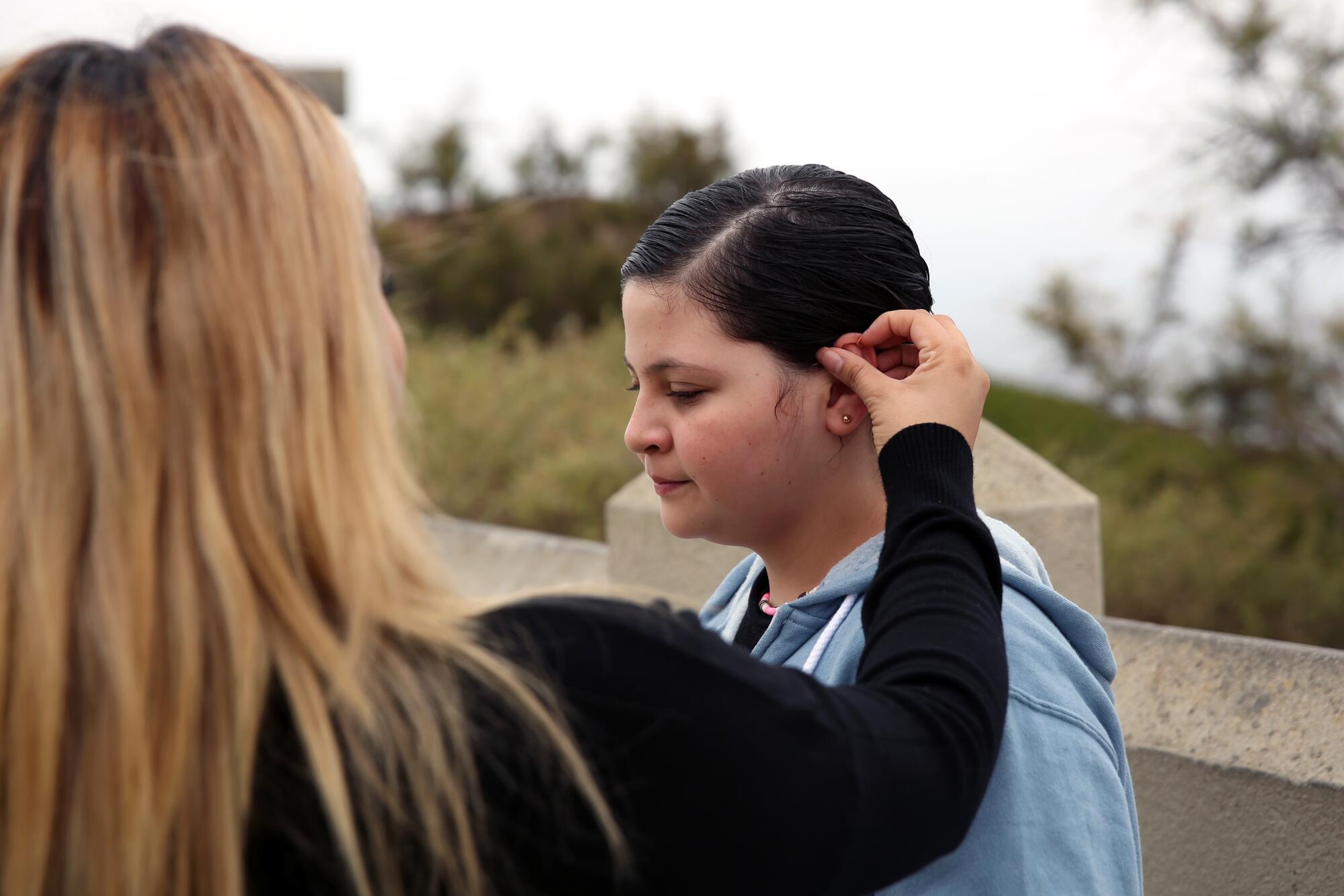
Kayla will need to hold on to her optimism.
Countywide, the Los Angeles chapter of Make-A-Wish has granted over 10,000 wishes â funded by donations and grants â since it was founded in 1983. It staged its largest fundraising gala in November, pulling in $1.5 million, and has received $5,000 in donations through another fundraiser, half of what it usually garners under normal circumstances.
But even as government officials ease restrictions and give some businesses the green light to reopen, itâs going to be a while before the organization is functioning at a pre-pandemic level.
Each wish â many of which involve a trip â costs an average of $11,000, and more than half of the requests include air travel.
âYou donât really know for sure what the kids are going through in their head,â said Mike Kallhoff, chief executive of Make-A-Wish Greater Los Angeles. He is also the father of a child who was diagnosed with cancer at the age of 4, and his family was granted a Make-A-Wish Trip to Walt Disney World in 2008. His understanding of what such a trip can do is profound. âTheyâre going through so much more than we are. It hurts me to take one more thing away from them right now.â
For social workers and attorneys working with minors and their families through various nonprofits, the pandemic has added an extra layer of complexity.
Routine checkups to ensure minors are receiving educational and mental health services have been delayed. Adoptions and reunifications between parents and children were postponed and are slowly being rescheduled, via videoconferencing only. With courts closed to all but essential functions for several weeks, only emergency cases were being heard via video services in a limited number of courtrooms; more courtrooms have opened in the last few days.
âMy folks, social workers and attorneys and people who have come into this work ⌠when they canât do their jobs correctly, it feels difficult,â said Wende Julien, CEO of CASA (Court Appointed Special Advocates) Los Angeles, an organization that advocates for children in foster care.
Many of CASA of L.A.âs 1,000-plus volunteers, who accompany minors to court, are retired. Some of them are in their 70s and 80s â at greater risk of contracting the coronavirus â which prompted CASA in February to modify the way it operates.
CASA also was forced to rethink its fundraising after it postponed its annual April gala, an event that organizers predicted would raise $1.1 million, a quarter of its revenue. The organization relies on individual donors and events, plus state and federal funding, to offer its services.
It hosted its first annual virtual fundraiser â which raised $645,488 â a month later. With help from a small business loan, CASA was able to maintain its staff for the remainder of the fiscal year through June.
But financial uncertainty still looms.
âThat is a really long-term and very serious concern,â Nichols-Julien said. âWeâll see whether we can hold events, whether people will feel like donating. Those are a lot of questions that remain unanswered. Thatâs our biggest risk, I think, to our services, the long-term fundraising.â
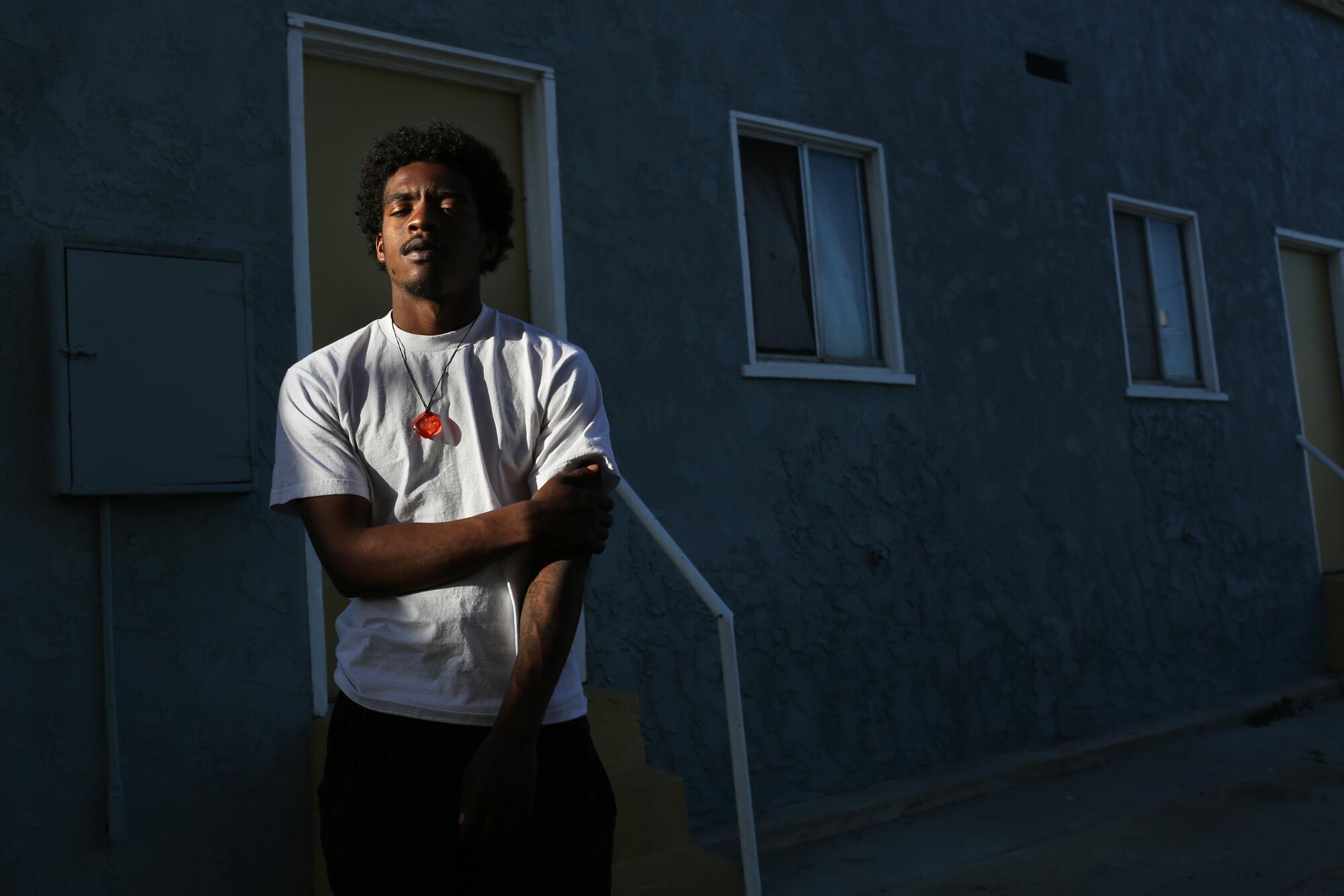
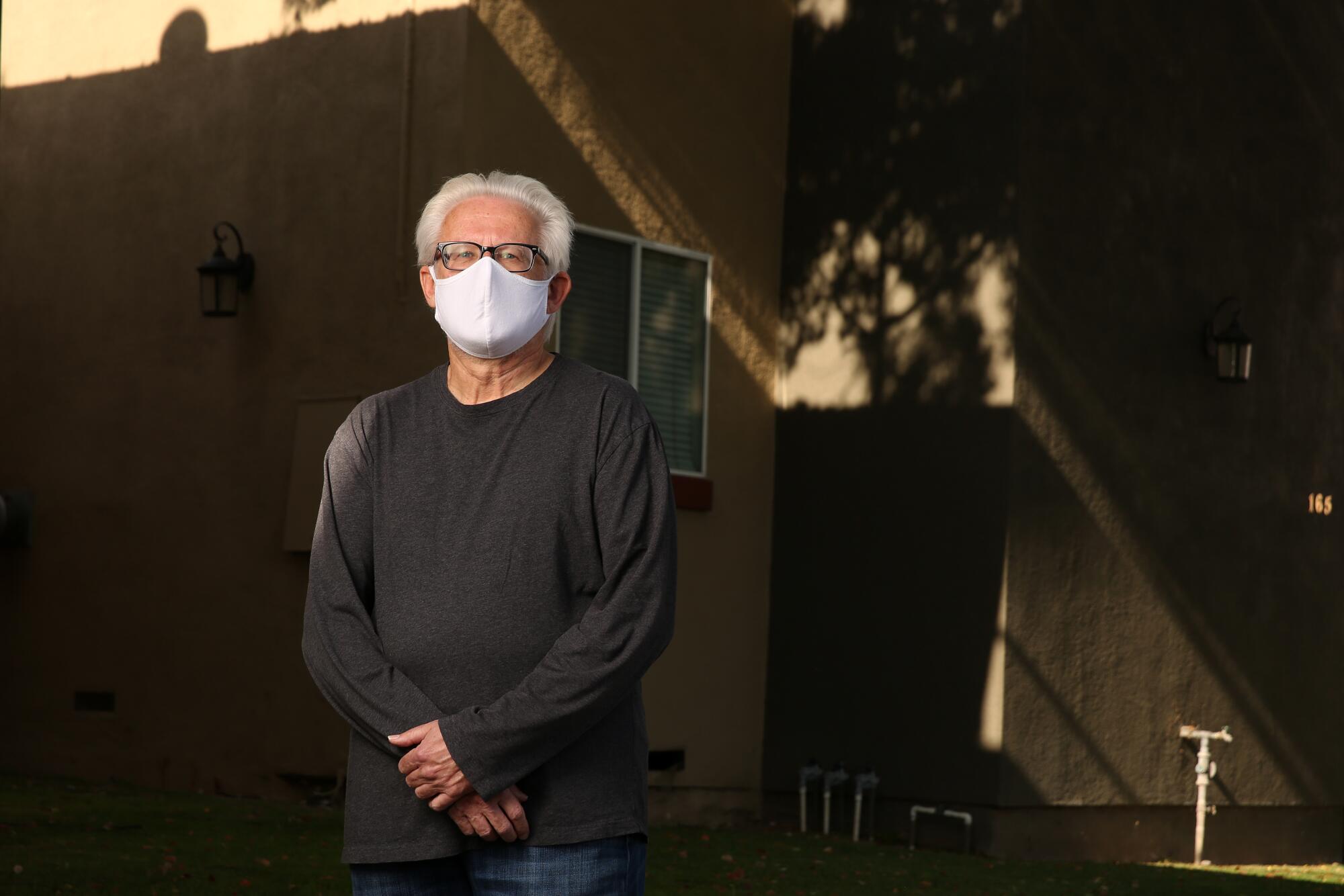
Volunteer Dave Stein has been working with 19-year-old Jaâquest Jones, a CASA client, for the last seven years, and the two of them appear to have a strong bond. Jones, who says he is often distrustful of anyone whoâs been paid to help him, believes Stein has been the only person he can count on for large portions of his young life.
Four years ago, when Jones was 15, he was standing in front of a judge who was scheduled to release him from juvenile detention and place him back into a group home. Instead, Jones was ordered back to detention, because the judge realized the necessary paperwork hadnât been completed. Stein pushed back, arguing that it wasnât Jonesâ fault, Then he was asked to leave the courtroom.
âThis dude got kicked out of court for me,â Jones said with a chuckle.
âThereâs not a lot of people sitting next to the judge ⌠in their face, telling them what they want,â he added.
Stein said he apologized to Jones for making a scene; Jones responded with a hug and a thank you.
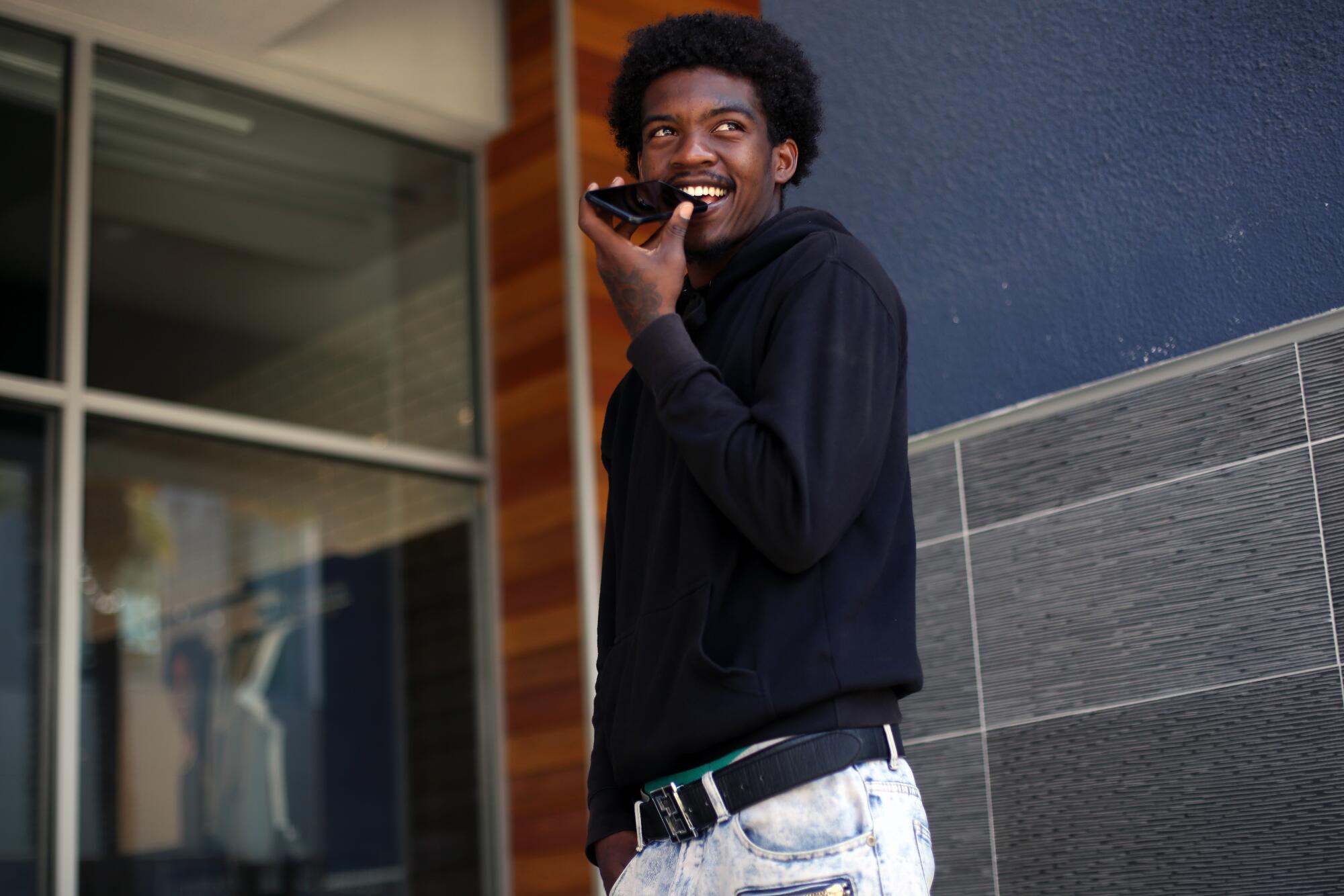
âI think he keeps making mistakes, and I keep coming back, and I think thatâs what the bond becomes about,â Stein said. âIâm not going to leave him because he does things wrong.â
When Jones turned 18 and was no longer considered to be a minor, the frequency of their meetings slowed, but they remain in touch. Jones understands Stein, 66, is being cautious about in-person visits because of his health, but he hasnât forgotten that Stein has been a person he can always count on.
Volunteers for other nonprofits have had to learn how to remain emotionally close while being physically distant to help limit the spread of the coronavirus.
The change has taken a toll on everyone involved.
Guadalupe, a mother who sought assistance from Imagine LA, a nonprofit that describes itself as an âorganization dedicated to ending the cycle of family homelessness and chronic poverty,â has nothing but praise for the mentors who have been working with four of her six children.
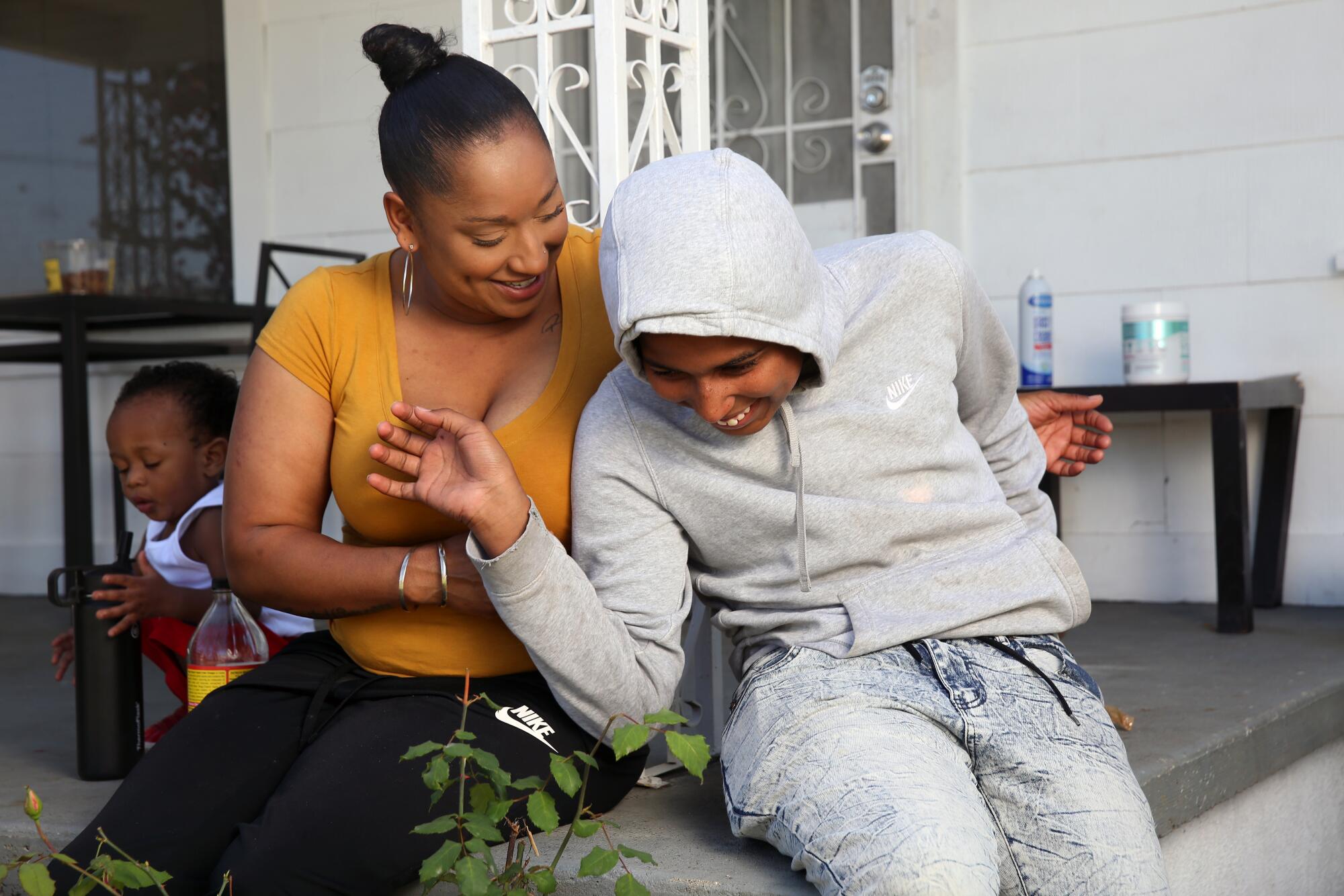
Before she successfully renegotiated the rent on her South Los Angeles home, Guadalupe, who asked to be identified only by her middle name, and her family lived out of her car for nearly half a year. Sometimes theyâd stay in hotels. An organization dedicated to ending homelessness connected her with Imagine LA.
The mentors who worked with her family âwere able to take them to places that I would never have been able to afford,â she said. âTheyâre like, âMom, I went to the aquarium,â and it makes my heart warm.â
The mentors also made it possible for Guadalupe to have down time and to focus on her schooling to become a nurse.
During the pandemic, thereâs no quiet time in the household of seven where they have to share two laptops. Itâs been impossible for her kids to complete their homework. And theyâre still living paycheck to paycheck.
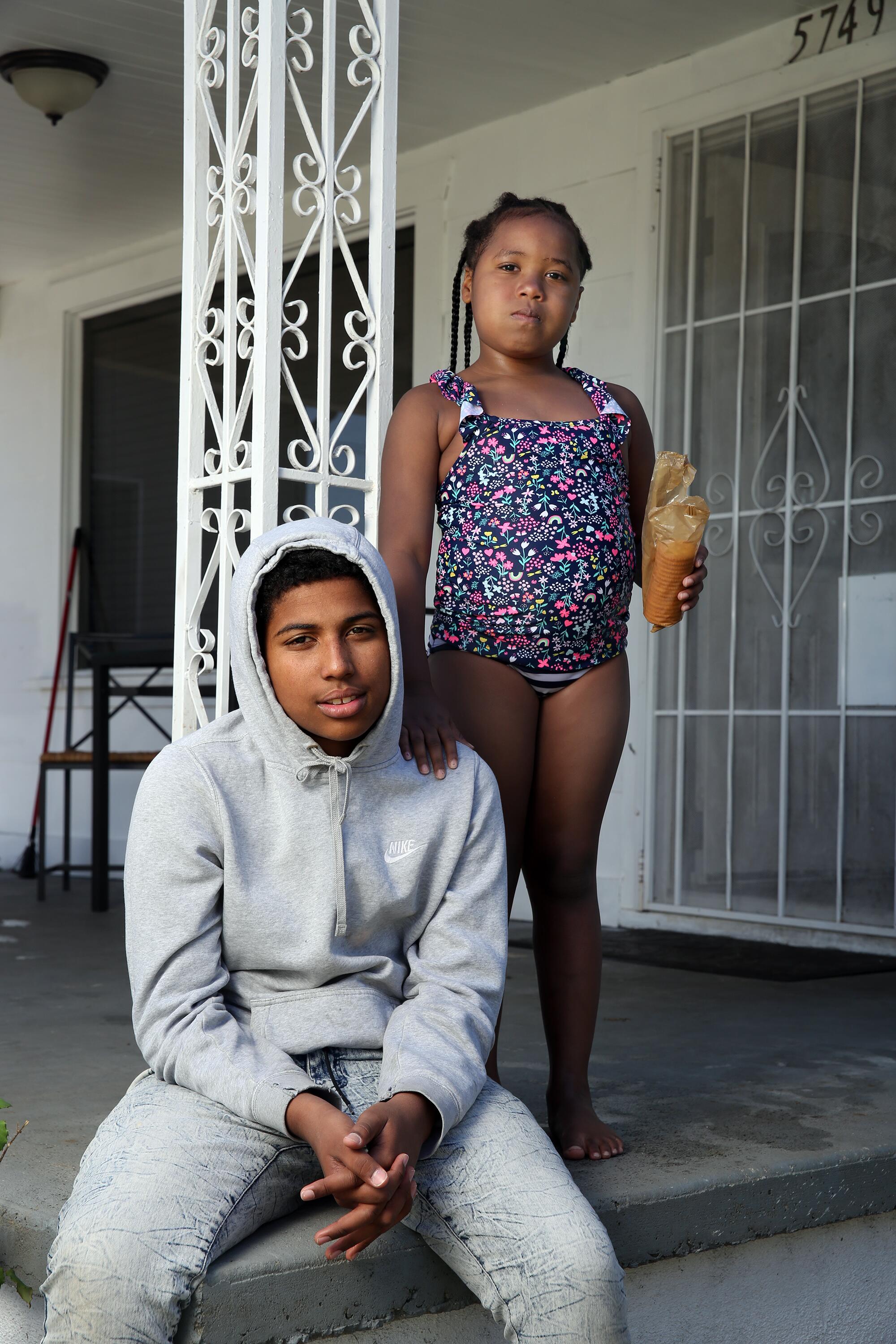
But after all theyâve gone through already, Guadalupe sees this time as another hurdle that she will eventually be able to surmount.
âEverything will happen, I guess, in Godâs timing,â she said, âbut I just really want to be able to be out of poverty.â
Back in Torrance, Kayla has kept herself busy with schoolwork and recording videos for TikTok during her free time. Sometimes she dreams of starting her own YouTube channel.
After many weeks in quarantine, Kayla said she no longer feels angry or sad about missing her trip to Hawaii.
âI think if youâre being more positive, youâll be more happy,â she said. âIf youâre negative, youâre stressed out with it.â
For now, she travels vicariously to tropical destinations such as Bali and Dubai through the help of her computer screen, imagining herself swimming in the ocean and hoping she will one day swim off the coast of Oahu.
More to Read
Sign up for Essential California
The most important California stories and recommendations in your inbox every morning.
You may occasionally receive promotional content from the Los Angeles Times.

